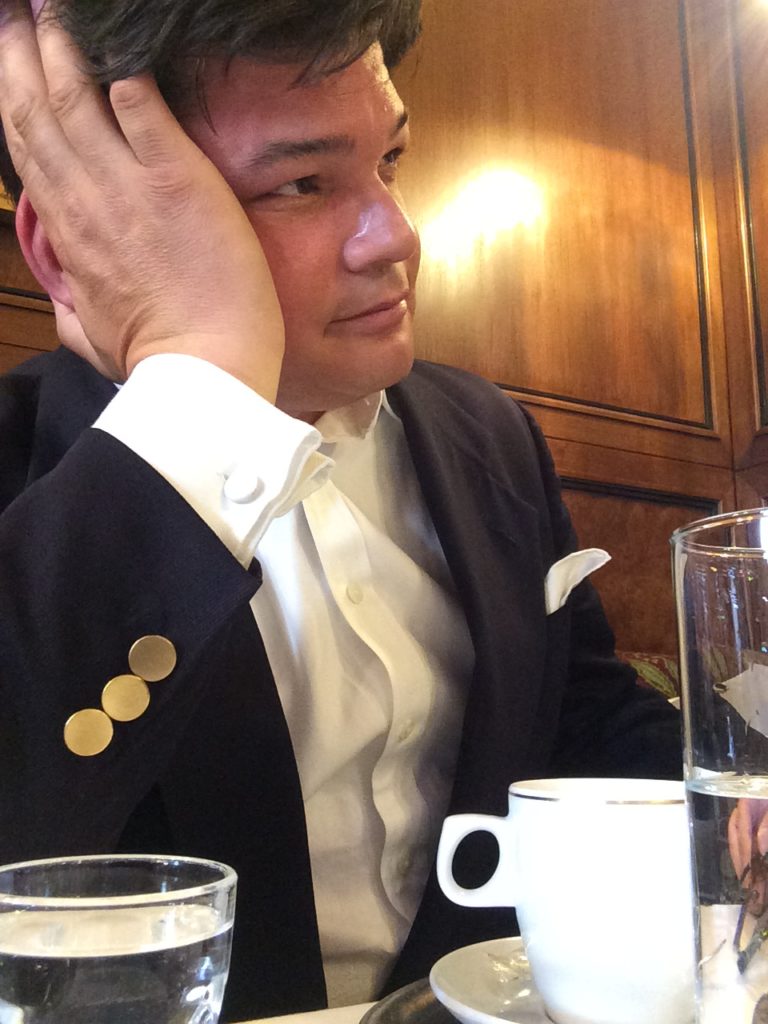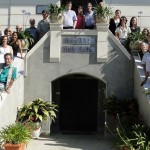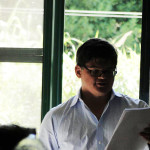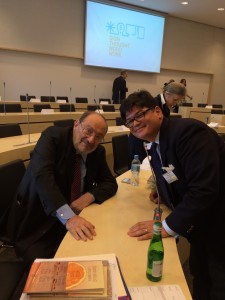Professor Joseph Romero (Department of Classics, Philosophy, and Religion), is organizing a panel of fellows from the American Council on Education (2017-18) to chart recent successes of anchor universities and barriers to anchor work at the Annual Meeting of the Anchor Institutions Task Force in New York, New York, Nov. 15-16. Higher education leaders from Merrimack College (MA), Georgia Gwinnett College, Lane College (TN), and Coppin State College (MD) will join him to also answer the question, Where will the next generation of anchor university leaders come from?
“Anchor institutions” are networks of well-resourced organizations committed to collective impact solutions to persistent problems in the communities where they reside. Universities are attractive anchor partners but come with significant structural and cultural challenges that can limit or prevent optimal success. Perhaps the greatest challenge, it turns out, is developing anchor leaders capable of realizing an anchor vision and creating a culture and legacy that extends beyond a single presidency.



